Car Dashcam Pros And Cons
You've probably heard a lot about the benefits of a dashcam, but there are some serious risks associated with using one that could backfire on you. In this Dashcam Pros & Cons article, we'll discuss both the advantages and disadvantages of using a dashcam in your car, so you can make an informed decision about whether to purchase one. Let's start this pros and cons article with some benefits of a dashcam.
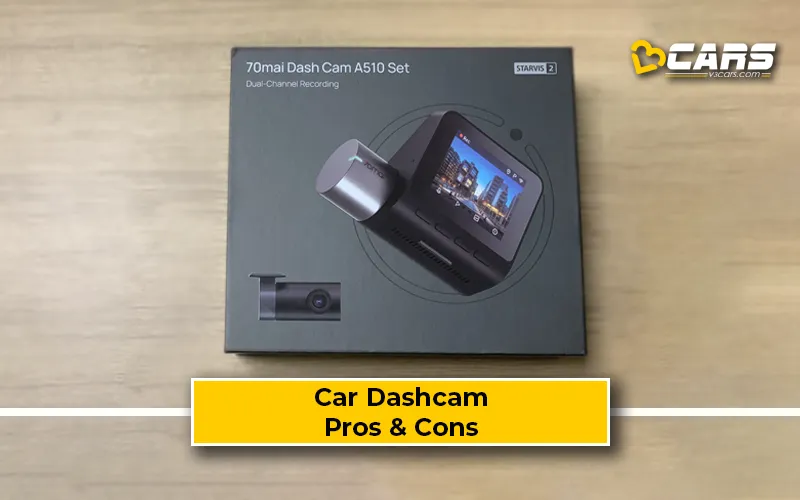
Benefits
1. Evidence Of Innocence
Sometimes, while driving, another vehicle, cyclist, or pedestrian suddenly appears in front of you. You weren't driving dangerously, and the accident was unavoidable for you. It also helps prove that any damage or injury they suffered was due to their own negligence.
2. Deterrence Against Fraud
You might have seen in the news or on social media how some crafty individuals intentionally walk in front of a car moving at 5-10kmph and lightly touch the bonnet before falling down. Then, their accomplices come and start threatening to file a case against you. To avoid getting entangled with the courts and the police, we often think it’s better to settle the matter with some money, even though we know we’re being defrauded.
In such cases, when they find out that we have a dashcam, they usually start heading back home on their own. Because if they have to go to the police station, it could be difficult for them to get out of the situation.
3. Evidence Of Vandalism
Some dashcams go into standby mode after the car is turned off and automatically start recording if the car is hit. They can record video or take photos of anyone intentionally damaging your car. In such cases, having proof makes it easier to file an insurance claim, and it also keeps the option open for filing an FIR for vandalism.
4. Basic ADAS Features
Some dashcams also offer basic ADAS (Advanced Driver Assistance System) features. For instance, if we start drifting out of our lane due to inattentive driving, we get a warning. If we get too close to the car in front, we also receive a collision risk warning. These features help improve our driving.
5. Improve Driving Behaviour
Look, no matter whose fault it is, your primary responsibility while driving should be to ensure that neither you nor your passengers get injured, and that no other person gets hurt either. If you drive thinking "I'm right" when there's a vehicle coming in the wrong direction, this stubbornness will eventually lead to an accident. In such situations, or whenever you feel you had a close call, you can later review those videos by yourself or with an experienced driver. This isn't to see whose fault it was, but to understand what you could have done to minimise the probability of an accident or injury in those situations. This way, you'll be better prepared if such a problem arises again, and your driving behaviour will become significantly safer.
6. Unusual Events
When we meet up with friends, we like to share any weird experiences we've had.
For example, when you are driving on the road and you saw a dog doing something weird and it gets recorded on the dashcam, you would be able to show the recorded video to your friends if they won’t believe you.
While driving, all of us encounter something so strange at some point that no one would believe it without video proof. Here too, a dashcam comes in handy.
7. Travel Documentation
Lastly, if you go on road trips, you can capture the beautiful scenery of valleys, snowy mountains, deserts, oceans, waterfalls, and your driving experience through video and share it with your friends and relatives near and far.
That covers the benefits. Now, let's look at the potential drawbacks of using a dashcam.
Also Read: How To Get The Best Discount On Buying New Car (11 Tips)
Note: Calculate Car Fuel Cost with V3Cars for India and Other Countries
Drawbacks
1. Wiring/Panel Fitting
The first drawback I feel is the wiring and installation. Here, you have two options:
First, you can pass the wiring through the interior body panels. With this solution, you see minimal wiring, but while removing and reinstalling the interior panels, sometimes a clip breaks, or a clip doesn't fit perfectly. Then, those panels keep making a "tuk-tuk-tuk-tuk-tuk" noise. Hand-fitted panels usually don't provide that perfect factory finish.
The second option is to keep the wiring exposed. However, this means you have to compromise a bit on the interior look.
2. Limited Coverage/Blind Spots
Whether you use a dashcam for proof of innocence or to protect yourself from fraud, a dashcam might not provide you with complete benefits. If you have both front and rear dashcams installed, you can collect evidence if someone crashes into you from behind, but this isn't possible with just a front dashcam.
Even with a dual dashcam, due to its limited field of view, the dashcam becomes completely useless in the case of side crashes. Similarly, those who knock on the window to steal a wallet or phone also remain outside the dashcam's view. Basically, there is currently no good solution for a full 360-degree view.
3. Battery Drain In Sentry Mode/Parking Surveillance Mode
If your dashcam has a sentry mode and doesn’t come with its own battery, you’ll need to connect it directly to your car’s battery. Due to this continuous connection, it will draw power from your car's battery. If you don’t use your car for several days, you might encounter starting problems.
4. Insurance Claim
Typically, the main component of an insurance premium is "own damage," which covers damage caused by our own fault. However, if the insurance company also receives dashcam footage from an accident, they might find a way to attribute the fault to us and reject the claim. After all, this is the business model of insurance companies—they want the premiums to be as high as possible and the claim amounts to be as low as possible.
Due to time, effort, or budget constraints, most people don't challenge their insurance provider's decision in court, and the insurance companies are aware of this.
5. Privacy Risk
Privacy can be a concern with dashcams. If you're on the road and someone starts recording you, some people might find it intrusive. Yet, by installing a dashcam, we’re also recording the people around us without their permission. So, in the name of safety, there is a bit of privacy invasion.
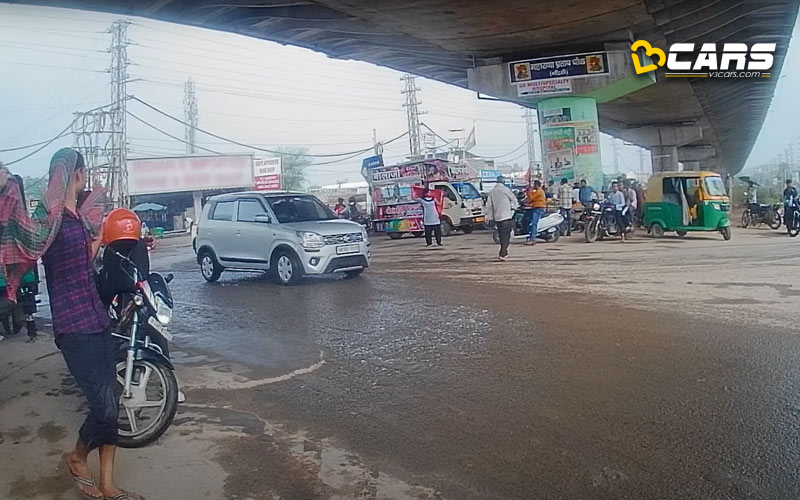
On the other hand, someone else might also have access to the videos recorded by your dashcam. Your dashcam might not be connected to the internet, but it is connected to your phone, which is connected to the internet. Therefore, your videos could potentially be uploaded.
Additionally, if your dashcam has GPS, it might also upload your location information. Are you willing to share details like what day and time you were at a specific location with a specific person? Your location information is private. Besides your close relatives, no one else has the right to it. But with dashcams and their accompanying malicious applications, you risk exposing this information.
6. Data Security
Security breaches are another concern, especially with cars that have cabin dashcams and microphones. Cars occupy a blurry line between public and private spaces. When we’re driving on the road, the car’s cabin almost becomes a public space, and we should behave appropriately there. However, when the car is parked in a secluded spot away from the public eye, it functions more like a private space. In such cases, if you engage in any private activities, it could end up on the dashcam and then potentially on a company's cloud storage.
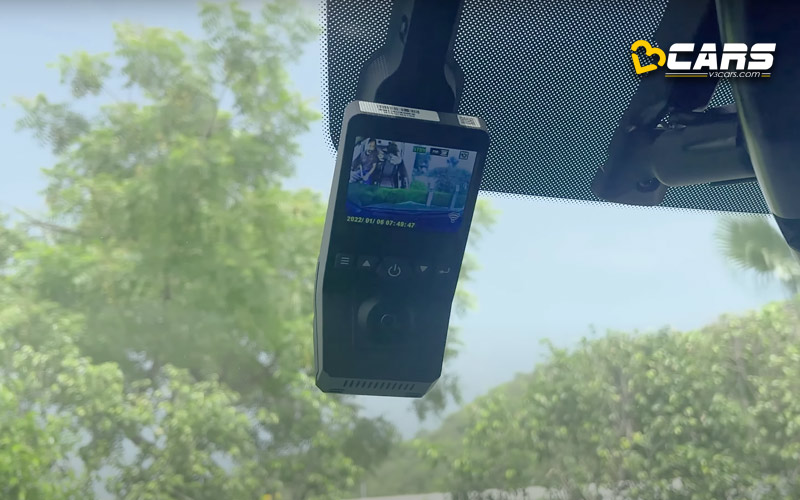
Even if the company is very careful about protecting your data, there is always a risk of data leaks. This information could then be used for blackmail or extortion. Banks are considered to be very cautious about their data security and often advertise this feature. If their data can be leaked, dashcam companies are not even pretending to keep your data secure.
This is an example where we can take some precautions. The real risks are those we can't even imagine.
7. Legal Implications
Now, let's discuss the legal risks associated with dashcams.
Recently, a survey by Jerry All Car, a US car ownership app, revealed that 96 percent of the people surveyed want to fully own the data generated by their car. Among the 1,300 participants, 80 percent said they would feel uncomfortable or extremely uncomfortable if car companies shared their data with law enforcement agencies like the police, CIA, FBI, or NSA without asking or informing them.
Here, people have less awareness about privacy, and our laws do not place much importance on data privacy.
Let’s understand how you could get caught in such situations with a few examples. Suppose you're involved in a case where you're being accused of reckless driving, but the accident clearly resulted from the other party's reckless driving.
However, an experienced lawyer could present the evidence from your dashcam in such a way that it turns against you. It’s possible that someone might not even need to request this information from you, and your dashcam provider might submit it on their own without any warrant.
Moreover, there is no strict definition of dangerous or reckless driving. What you consider safe based on your experience, skills, and vehicle capabilities might be deemed dangerous by a judge. As soon as questions arise about your general driving behaviour, your case weakens. Character and intention can also be scrutinised to win the case. If your car has a cabin dashcam with a microphone, any sounds or beeps captured during the accident could fuel the court's scrutiny. In such cases, you might end up not only covering the costs of damage to your own vehicle but also to the other party’s vehicle and legal fees.
If you think third-party insurance will help here, good luck. Our system has so many friction points that it generally isn’t used unless there’s a serious injury or death in the accident.
Verdict
We hope this pros and cons article has provided you with useful knowledge to help you make an informed decision about getting a dashcam. I’m sure some of the examples used, especially in the section about legal risks, might seem far-fetched. There are still risks associated with dashcams that we might not even be able to imagine, as this is a relatively new technology that has become commonly used only in recent years.
Personally, the last three points—privacy risk, data security, and legal implications—are significant deal breakers for me, which is why I only use a dashcam for work purposes. However, if none of the cons we mentioned are deal breakers for you, then you should definitely consider getting a dashcam.
We hope you found this article helpful. If you think we missed any points, please let us know in the comments section.
Also Read: Why Minor Scratches On Car Make You Angry? Grow YOUR Wealth!
Note: If You Want to Buy a New Car, Calculate Car Loan EMI with V3Cars

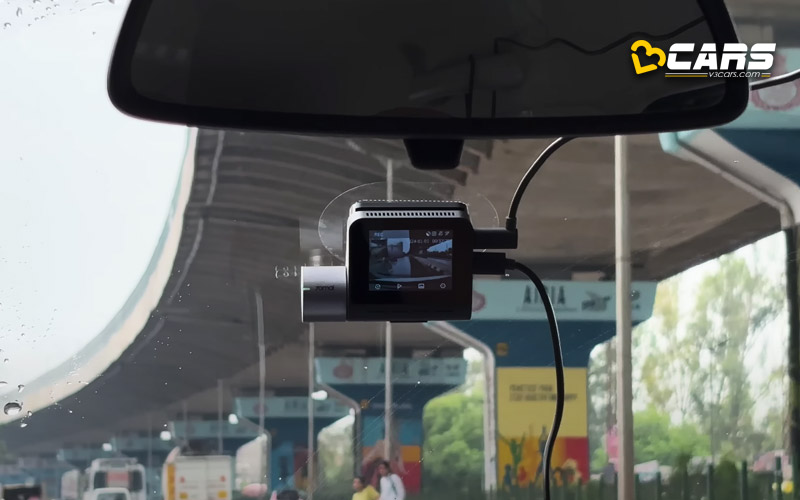
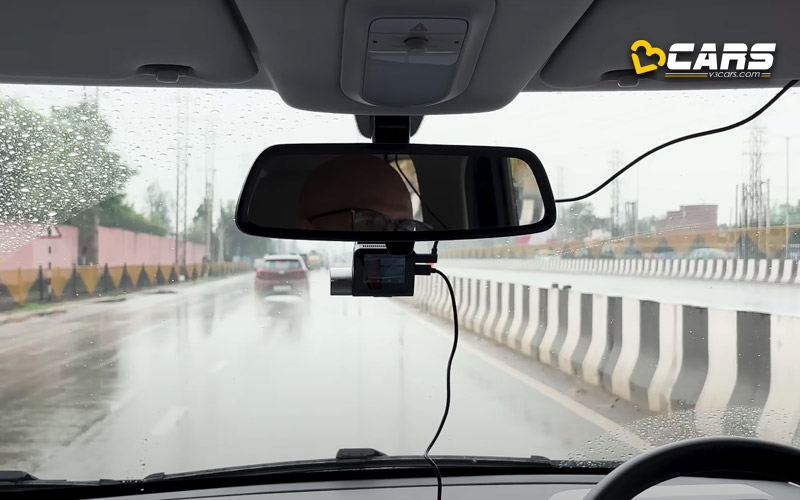
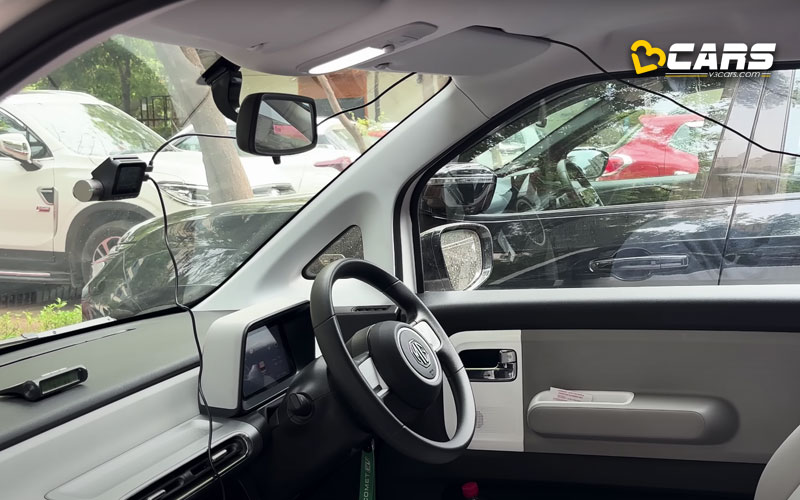
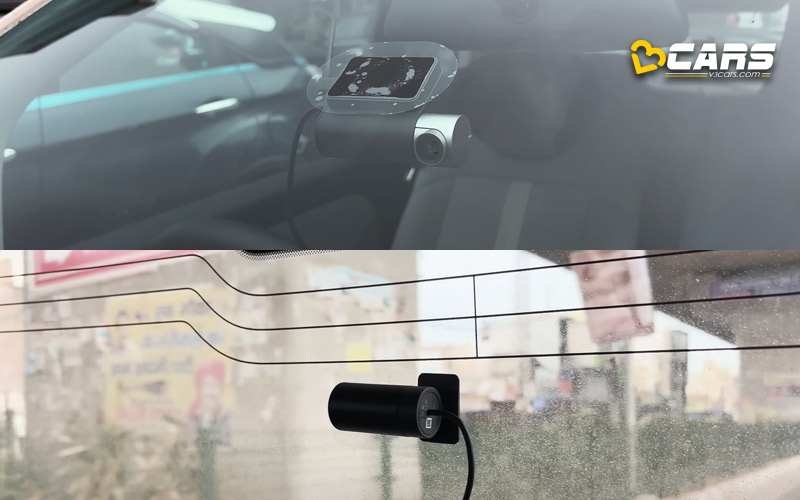
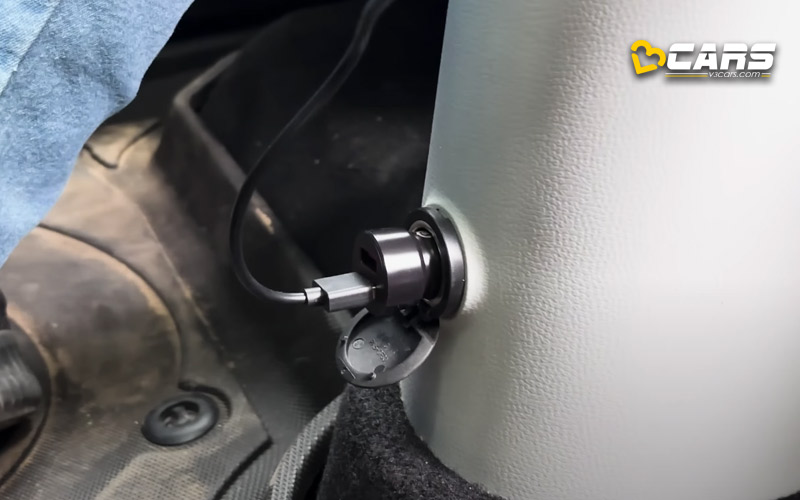

nice post, select your next dash cam, compare it based on this article pros and cons, thanks, Rove dash cam.